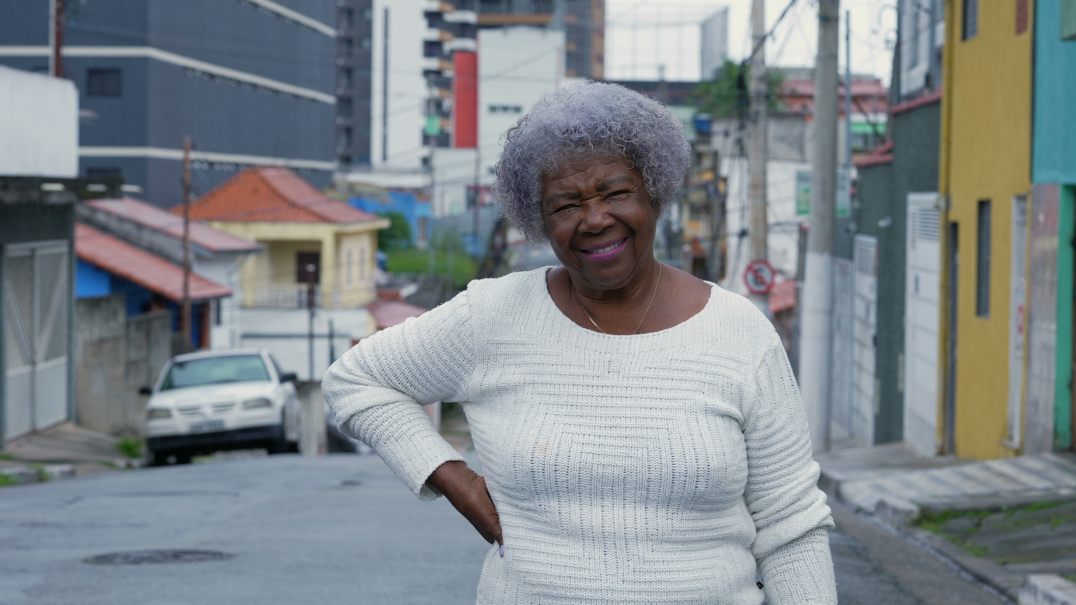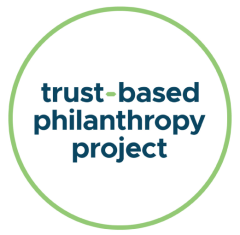
We’re all aging, but we’re not all having the same aging experience. Many communities do not have equal access to the resources needed for good health and economic security in later life. In addition, ageism compounds other forms of discrimination experienced across the lifespan, including racism, sexism, and homophobia, to name a few.
Our Commitment to Diversity, Equity and Inclusion
Task Force on Equity in Aging Philanthropy
The Task Force on Equity in Aging Philanthropy is comprised of volunteers from across the GIA network who are working to create a more equitable aging experience and philanthropic sector by:
- Providing guidance on GIA's diversity, equity, and inclusion goals and helping develop capacity-building opportunities for the network
- Assisting in selecting and assessing nominations for the John Feather Equity in Aging Philanthropy Award, presented at the Annual Conference
- Working with GIA staff to apply an equity lens to programming and operations
JiHo Chang, Senior Program Associate and Senior Technology Advisor
The John A. Hartford Foundation
Renée Espinoza, Director of Program Strategy
Metta Fund
Carl V. Hill, Chief Diversity, Equity and Inclusion Officer
Alzheimer's Association
Jasmine Lacsamana, Program Officer
Archstone Foundation
Angela Overton, Senior Advisor
The Coalition to Transform Advanced Care
Misha Stallworth West, Program Officer
Ralph C. Wilson, Jr. Foundation
Serena Worthington, Program Officer
RRF Foundation for Aging
JOIN THE TASK FORCE
Our Commitment to Trust-based Philanthropy
GIA also recognizes the unjust systems and structures within which philanthropy is rooted and works to address the inherent power imbalances between funders, non-profits, and communities. GIA is a partner in the Trust-based Philanthropy Project, an initiative working to change the culture of philanthropy to help advance equity, shift power, and build mutually accountable relationships between funders and those they fund.
Trust-based philanthropy promotes six key practices:
- Multi-year, unrestricted funding to allow nonprofits the flexibility to meet communities’ needs, adapt to changing conditions, and breakdown age-stratified funding silos to create more age-integrated communities
- Doing the homework to seek out and build relationships with organizations that are doing the work but have not received funding in the past
- Simplifying and streamlining paperwork
- Being responsive and transparent about areas of focus and decision-making processes
- Soliciting and acting on feedback from nonprofits and communities
- Offering support beyond the check
These practices are gaining traction in our sector. A 2024 study of nearly 600 people working in philanthropy reported that:
- 74% had streamlined applications and/or reporting
- 70% introduced or increased the number of unrestricted grants
- 66% introduced and/or increased the number of multi-year grants
For more information about Trust-based Philanthropy, visit www.trustbasedphilanthropy.org.
